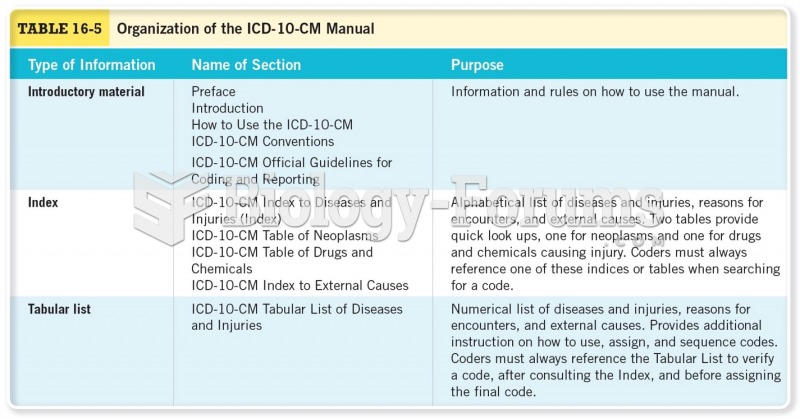Answer to Question 1
A sole proprietorship is an unincorporated business owned by one person. It is easy and inexpensive to create and operate. However, the owner has unlimited personal liability for the debts of the business. The owner has the right to manage the business. Business income is taxed on the owner's personal income tax return; the company does not have to file a separate tax return. A general partnership is an unincorporated association of two or more co-owners to operate a business for profit. Partnerships are easy to form and do not require filings with the government, although a written partnership agreement for use between the parties is recommended. A disadvantage of general partnerships is that each partner is personally liable for the debts of the enterprise whether or not she caused them. Thus, a partner is liable for any injury that another partner or an employee causes while on partnership business as well as for any contract signed on behalf of the partnership. Unless otherwise agreed, partners have equal rights to manage the business. A partnership does not pay taxes itself; all income and losses are passed through to the partners and reported on their personal income tax returns. Limited liability companies generally require two documents: a charter and an operating agreement. The charter must be filed with the Secretary of State in the jurisdiction in which the LLC is being formed. The operating agreement sets out the rights and obligations of the members. All members have limited liability, and the business has the tax status of a flow-through entity. Corporations are relatively expensive and difficult to form, but owners have limited liability. Generally, the owners/shareholders are not involved in the management of the company. Corporations are taxable entities, so they must pay taxes and file returns. The owners/shareholders must also pay tax on dividends they receive from corporations.
Answer to Question 2
B







